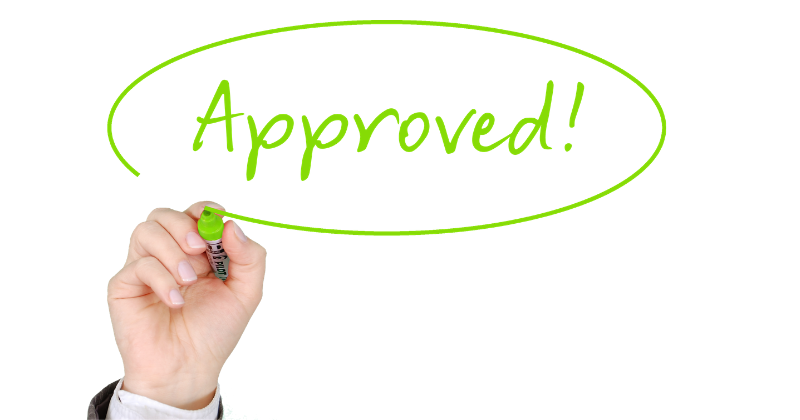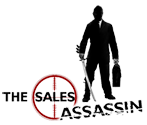
Owning your own business is the American dream. The fastest way to become a business owner is to buy an existing small business. Buying a business – whether its a franchise, an online business, service or brick and mortar – means you are acquiring everything about the business, the good and the bad. There are several advantages to buying an existing business:
1. Save Time
It is faster to buy an existing business than it is to create a new business from scratch. A start-up business starts with nothing but an idea and everything else has to be built. Buying an existing business gives you a jumpstart to owning your own business.
2. Evaluate Potential
When building a business from the ground up, you can only project the potential profits and growth. When buying an existing business, you can evaluate the business’ history and identify ways to improve on the past.
3. Established Relationships
An existing business will have an existing customer base, vendors and community relationships. If the business is well operated, that is a lot of goodwill that can take years to build.
Once you’ve found a business you want to buy, you need money to finance the purchase of a small business and capital to run it until cash flow covers expenses and your income and it makes money. Often, its easier to get financing to buy an existing business than to start a new, unproven business.
5 Ways to Finance Buying a Small Business
1. SBA Loans
Borrowers looking for the long repayment terms and low interest rates
Buyers who cannot get credit on reasonable terms may want to consider an SBA loan. The Federal Small Business Administration partially guarantees the loan to reduce the lenders’ financial risk. The type of SBA loan you need and qualify for depends on what you need the money for, how much you want to borrow, your collateral and how long the business has been in operation. Large and small SBA loans are available, can be used for different purposes such as operating capital or fixed assets and typically have interest rates that are lower than credit card rates.
2. Rollover for Business Startups (ROBS)
Funding a business purchase or loan down payment from your for borrowers with $50K+ in retirement funds
A ROBS helps borrowers with $50K+ in retirement savings in a 401(k) or other qualified retirement plan to finance a business purchase without paying taxes or early withdrawal fees. The funds are generally available in two to three weeks with the help of a good ROBS provider. As you are using your own funds, a ROBS is not a loan, so there is no debt to repay a lender.
3. Seller Financing
Requesting the owner of the business to loan you some of the money to buy the business, in addition to upfront money from the buyer.
Seller financing is a legally binding loan when the seller of the business you’re buying agrees to finance part or all of the purchase price. Owners open to seller financing will finance 15% to 60% of the purchase price of the business they’re selling. This can help borrowers with less than prime credit profiles get affordable financing they otherwise don’t qualify for. Seller financing has strong incentives for both the owner and the buyer.
4. Home Equity Line of Credit: HELOC & HEL
Borrowers who have +20% equity in their homes and a good credit score of +620 can usually qualify for a home equity loan to finance buying a business.
A home equity line of credit or loan are like a 2nd mortgage on your home, and a good option to finance the purchase of a business if you are willing to put your personal home at risk for the business you’re buying. Depending on which type of loan you choose, they can act like a credit card you draw against or a low-interest loan. The NFIB says around 25% of small business owners have used a home equity line to at least partially fund their business.
5. Loans from Family & Friends
Buyers who have friends or family who believe in them and will loan them money to help them buy a business.
Many people who want to buy a business but can’t or don’t want to get a bank loan often ask friends and family to loan them some of the money. Borrowing money from family and friends can be risky if the loan is managed professionally, with a written contract and terms. Financing from friends and family can be beneficial for everyone when the loan terms are favorable to both parties, and the loan terms are honored.
Learn More: Top 7 Mistakes When Buying an Existing Business
Subscribe to My Newsletter with Weekly Sales Tips
and Get A Your Free Audio Report: Mixing The Perfect Sales Cocktail

